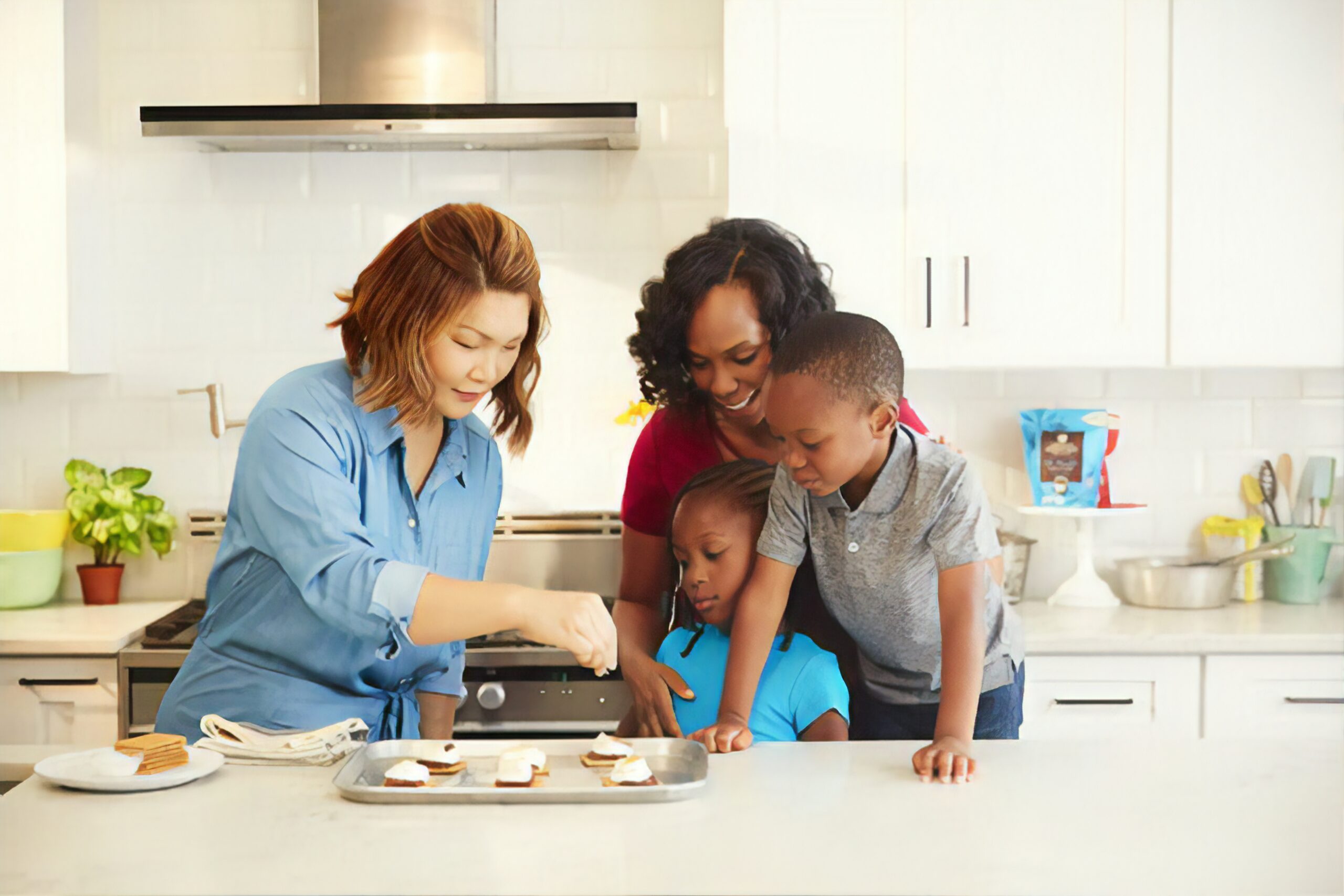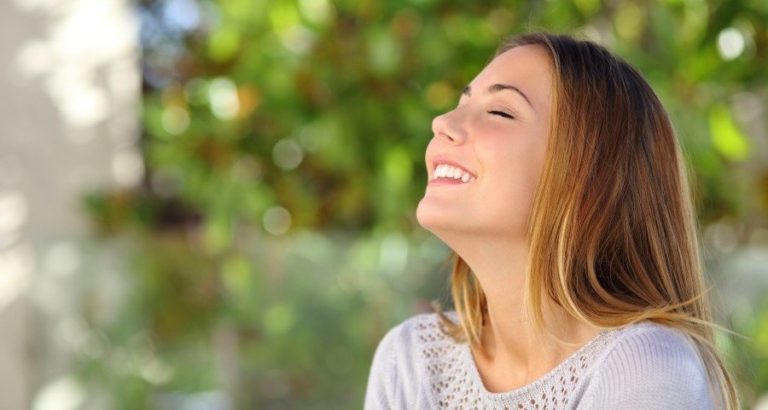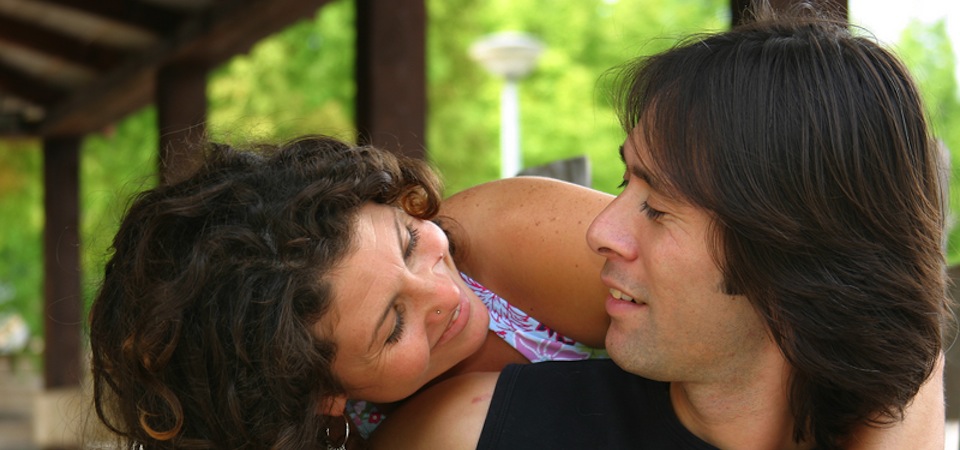Over the past couple of weeks, I’ve had several conversations with clients about the importance of hobbies – activities that bring you joy, relaxation, and intrigue. For many, eating has become a sort of hobby, almost like a form of entertainment or an activity that they look forward to on a regular basis. When we explore the psychological underpinnings of their relationship with food, it becomes clear that they eat for many more reasons aside from nourishing their body. Food has become their universal answer to boredom, stress, fatigue, anxiety, sadness, anger, and happiness. When I assess what else they do to have fun or nurture themselves during emotional times, I’m often met with furrowed brows and a sudden realization that there isn’t really anything else they do.
Discovering and developing hobbies is so important in your recovery from an eating disorder. Hobbies are designed to be pleasurable and interesting, providing a little escape from the daily stressors of life. People who engage in hobbies often report a greater sense of balance in their lives, and feel more connected within themselves and their close relationships.
So, how does one discover a ‘hobby’? There are several steps you can take:
1) Head to a craft store and roam the aisles. Many hobbies are couched in some form of artistic expression – photography, beading, crocheting, scrapbooking, painting, floral arranging, sewing. Craft stores offer thousands of artistic forms, so this is a great place to start for ideas. Walk the aisles and just be open to whatever piques your interest. Perhaps there is something you’ve always been curious about, or something you’ve never seen before. It is very important that you go in with an open mind, and be open to everything even if you feel like you have no artistic bones in your body. Remember, hobbies are not about the product – they’re about the process. And artistic skills require practice, so if you’ve never done this before then of course you won’t be good at it right now. Try anyway. Just have fun!
2) Browse the non-credit courses offered at community colleges. Non-credit courses are a great way to try out something completely new. From interior decorating to auto mechanics, these catalogues are a great place to browse for ideas. You don’t have to actually take the class; just read the listings for ideas (although many of the classes are cheap and not very time-intensive so enrolling isn’t a bad idea, either).
3) Browse the classes/programs offered through the local parks and rec. In addition to art, many hobbies also involve some type of movement or sport. Parks and rec offer a wide variety of classes for people of all ages who want to learn more about a particular sport or type of exercise. From yoga to soccer, these classes may be a great way to try out something you’re interested in. (Just a gentle reminder, if you’re recovering from a low weight or excessive exercise, be sure to speak with your treatment team about adding physical activity to your day, as this may not be appropriate right now for your recovery).
4) Check out www.MeetUp.com. This social networking website is designed to connect individuals who have similar interests. You can search for local groups based on your zip code or interest; again, this is a great way to get ideas for possible hobbies worth exploring. You don’t have to attend any of the MeetUp groups if that’s not your thing, but at least browse the website to give you ideas. You’ll find MeetUps for things like martial arts, moviegoers, short story writers, philanthropists, and motorcycle riders. The topics are endless!
5) Connect with your inner child. Think back to when you were a kid – what did you like to do? Did you enjoy building things with Legos? Dressing up in your parent’s clothes? Drawing? These early interests are often a sneak peek at what hobbies you might be more attracted to as an adult. For example, if you enjoyed coloring as a kid you may find acrylic paints very enjoyable. Or if you liked putting together train tracks and legos, perhaps home and garden design is something you might be interested in today. Were you always outside playing with the neighbor kids? Then perhaps a recreational sport would be a great form of entertainment for you today.
Once you come across something that is of interest to you, give yourself permission to explore it. You don’t have to be perfect or even good at it! Heck, you might just be downright lousy. But the final product isn’t what we’re going for – the process of engaging in the hobby should leave you feeling happy, confident, balanced, and relaxed. And as these positive feelings become more familiar and consistent in your life, you’ll likely find that your tendency to turn to food when you’re not hungry will significantly decrease. It’s a win-win.
So get out there and discover what excites you! Happy hobby-ing 🙂
Dr. Ashley Southard is a Clinical Therapist at A New Beginning and the Co-Creator of The Healthy Weigh Out, both in Scottsdale, Arizona.


